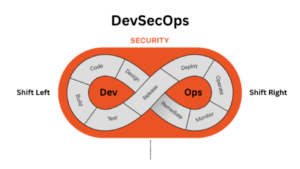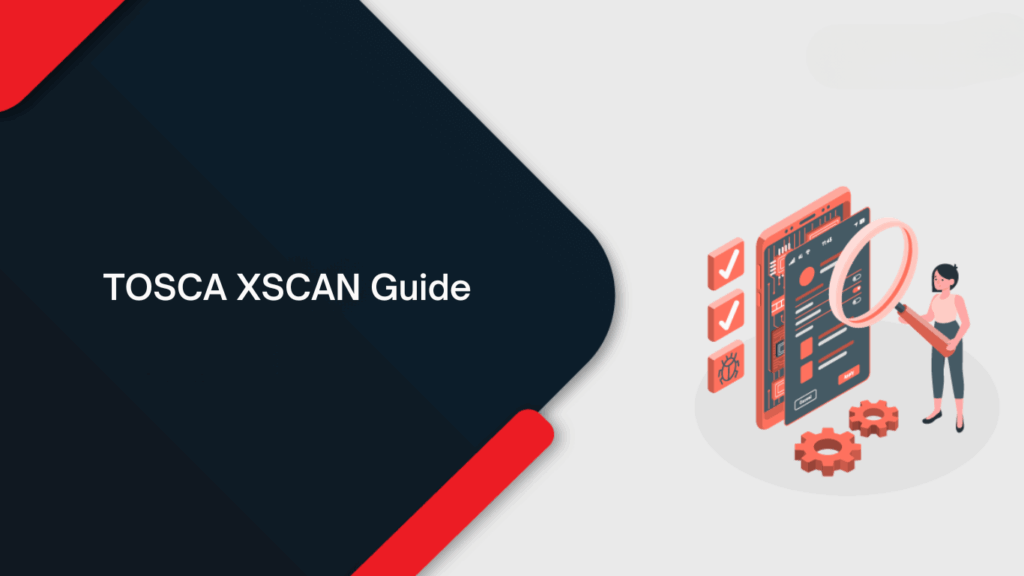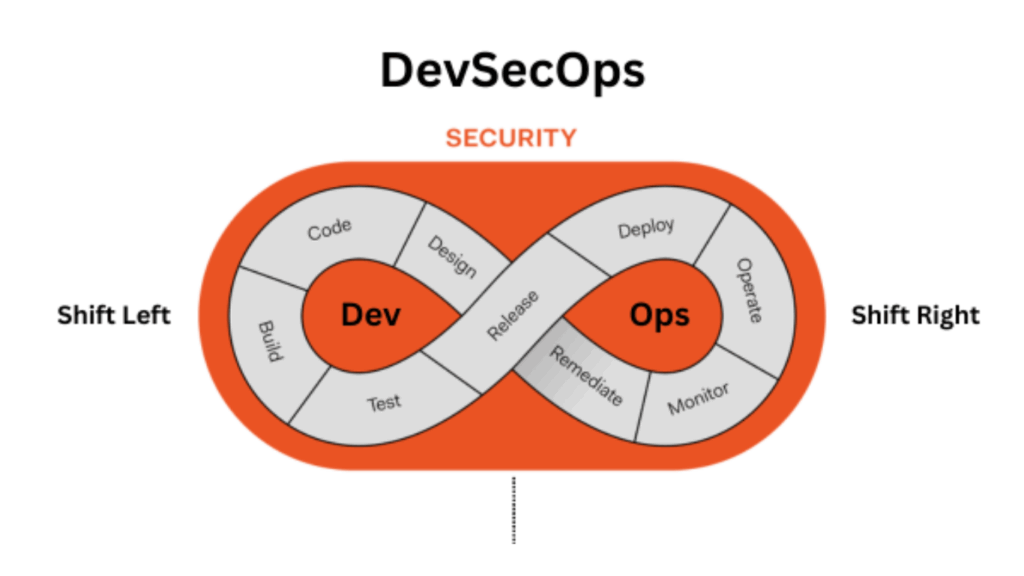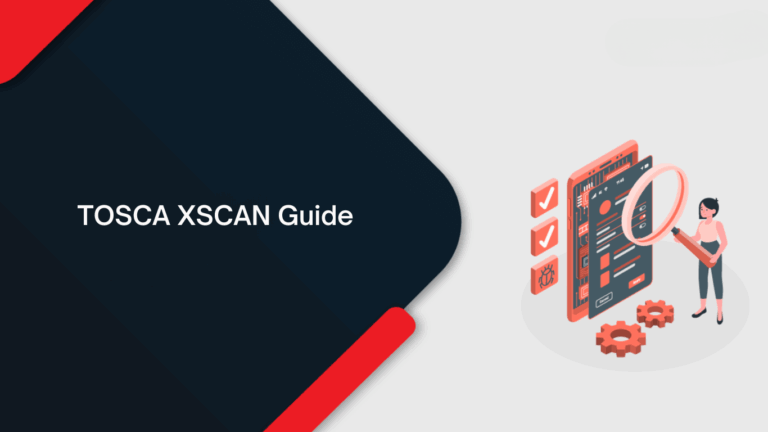Introduction
In today’s global economy, efficient supply chain operations are the backbone of successful businesses. From retail giants to manufacturing plants and e-commerce platforms, organizations rely on professionals who can manage and optimize supply chains. One such critical role is that of a Supply Chain Analyst. This role bridges the gap between operations and data analysis, helping businesses minimize costs, improve delivery times, and enhance overall efficiency.
If you’re someone who enjoys working with data, solving problems, and improving business processes, becoming a supply chain analyst could be your ideal career path. One effective way to prepare for this role is by enrolling in Online Courses for Business Analysts, which often include modules on supply chain fundamentals, data analytics, forecasting, and process improvement. These courses provide the flexibility to learn at your own pace while gaining industry-relevant skills.
This guide will walk you through everything you need to know about how to become a supply chain analyst, including educational paths, skills required, job responsibilities, certifications, and career opportunities.
Who Is a Supply Chain Analyst?
A supply chain analyst is a professional responsible for analyzing data and performance metrics across the supply chain. Their goal is to identify inefficiencies and recommend improvements in areas such as procurement, transportation, inventory management, and logistics. They ensure that products move from suppliers to consumers in the most cost-effective and timely manner.

Key Focus Areas:
- Logistics optimization
- Demand forecasting
- Inventory control
- Supplier performance analysis
- Process improvement
- Cost reduction
Why Choose a Career as a Supply Chain Analyst?
Here are some compelling reasons to consider this career:
High Demand Across Industries
Supply chain analysts are in high demand across multiple industries due to the growing complexity of global supply networks. From retail and e-commerce to manufacturing, healthcare, and logistics, organizations need skilled professionals to streamline operations, reduce costs, and improve delivery timelines. As companies continue to embrace data-driven decision-making, the role of supply chain analysts becomes even more crucial. With advancements in technology and the rise of e-commerce, businesses rely heavily on experts who can analyze supply chain performance and optimize efficiency. This widespread demand ensures a stable and promising career path for aspiring supply chain analysts across various sectors.
Competitive Salaries
One of the major attractions of becoming a supply chain analyst is the competitive salary. According to industry reports, the average annual salary for supply chain analysts in the U.S. ranges from $65,000 to $90,000, with experienced professionals earning well over $100,000. Salaries vary based on location, industry, and level of expertise, but the demand for skilled analysts often drives compensation higher. Additionally, those with certifications or advanced analytics skills can command premium pay. With opportunities for bonuses and career advancement, the financial rewards make this role both appealing and sustainable for professionals entering or growing in the field.
Strategic Impact
Supply chain analysts play a crucial role in shaping a company’s strategic direction. By analyzing data and identifying inefficiencies, they help organizations make informed decisions that reduce costs, improve delivery performance, and enhance customer satisfaction. Their insights support everything from inventory management and supplier selection to logistics and demand forecasting. This ability to influence high-level business outcomes makes their role strategically significant. Companies rely on analysts not just for operational support but also for long-term planning and competitive advantage. As a result, supply chain analysts are viewed as valuable contributors to both day-to-day operations and overall business growth.
Growth Opportunities
A career as a supply chain analyst offers numerous growth opportunities across various domains. With experience, analysts can advance to roles such as Senior Supply Chain Analyst, Supply Chain Manager, Operations Manager, or even Director of Supply Chain. Professionals may also choose to specialize in areas like logistics, procurement, demand planning, or data analytics. Earning certifications and mastering advanced tools further boosts promotion potential. As businesses increasingly depend on efficient supply chain operations, the demand for leadership in this field grows. This creates a clear path for upward mobility, continuous learning, and long-term career development in diverse industries.
Step-by-Step Guide: How to Become a Supply Chain Analyst
Step 1: Earn a Bachelor’s Degree
A strong educational foundation is essential. The most common degrees pursued by aspiring supply chain analysts include:
- Bachelor’s in Supply Chain Management
- Bachelor’s in Business Administration
- Bachelor’s in Industrial Engineering
- Bachelor’s in Logistics
- Bachelor’s in Data Analytics
A degree that blends business concepts with data analysis and operations management will serve you well.
Tip: Look for programs that offer courses in procurement, logistics, statistics, and systems analysis.
Step 2: Gain Internship or Entry-Level Experience
Internships provide hands-on experience and a real-world understanding of how supply chains function. Many companies offer rotational programs or summer internships in logistics and supply chain departments.
Entry-Level Roles to Consider:
- Logistics Coordinator
- Inventory Analyst
- Operations Assistant
- Procurement Associate
These roles allow you to understand how day-to-day supply chain operations run while developing your analytical thinking.

Step 3: Develop Essential Skills
To be effective as a supply chain analyst, you need a blend of technical and soft skills:
Technical Skills:
- Data Analysis Tools: Excel (advanced), SQL, Power BI, Tableau
- ERP Systems: SAP, Oracle, NetSuite
- Forecasting Models: Time-series forecasting, regression analysis
- Supply Chain Software: Kinaxis, Llamasoft, JDA
Soft Skills:
- Problem-solving
- Communication and collaboration
- Time management
- Critical thinking
- Attention to detail
Step 4: Get Certified
Certifications can significantly enhance your credibility and marketability. Some top certifications for supply chain analysts include:
APICS Certified in Planning and Inventory Management (CPIM)
Offered by ASCM, CPIM covers demand management, procurement, supplier planning, and inventory management.
Certified Supply Chain Professional (CSCP)
Also from ASCM, this certification is ideal for analysts who want to understand the end-to-end supply chain.
Certified Analytics Professional (CAP)
A data-focused certification for those interested in deepening their analytics skills.
Six Sigma Certification
Six Sigma methodologies are widely used in process optimization, a key component of supply chain analysis.
Step 5: Learn Supply Chain Analytics Tools
Familiarity with industry-specific tools is a must. Here are a few widely used tools:
- ERP Systems: SAP SCM, Oracle SCM Cloud
- Data Visualization: Power BI, Tableau
- Forecasting & Simulation: R, Python (for advanced analytics)
- Inventory Management: Manhattan Associates, NetSuite
You don’t need to master all of them, but proficiency in a few can significantly enhance your resume.
Step 6: Build Your Resume and Online Profile
When you’re ready to start applying for roles, a well-structured resume that highlights your analytical skills, relevant projects, and software proficiency is key.
Tips:
- Include measurable achievements (e.g., “Improved delivery efficiency by 15% through route optimization analysis”).
- Highlight any internships, capstone projects, or certifications.
- Add your profile to platforms like LinkedIn, and include keywords like “supply chain analytics,” “logistics analysis,” and “inventory forecasting.”
Step 7: Apply for Jobs and Prepare for Interviews
Some common job titles to apply for include:
- Supply Chain Analyst
- Logistics Analyst
- Procurement Analyst
- Operations Analyst
- Inventory Planner
Common Interview Questions:
- How do you approach inventory forecasting?
- Describe a time you optimized a supply chain process.
- How do you handle large data sets?
- What KPIs do you track in supply chain analytics?
Career Growth and Pathways
A career in business analysis offers multiple growth opportunities, spanning industries, domains, and roles. Starting as a Junior Business Analyst, professionals often gain foundational experience by working on small to mid-sized projects, learning how to gather requirements, create documentation, and support teams in delivering functional solutions. Enrolling in a BA Course early in your journey can provide structured guidance, practical tools, and industry-relevant skills that accelerate your path into this dynamic field.
With experience and advanced training, professionals progress to Business Analyst or Senior Business Analyst roles, taking on more complex projects, engaging directly with high-level stakeholders, and influencing business strategy. At this stage, strong analytical thinking, communication skills, and domain expertise become essential.
Beyond the senior level, career pathways diverge based on interests and skill sets:
- Product Owner/Manager: Focus on product lifecycle, user needs, and market alignment.
- Business Systems Analyst: Combine business knowledge with technical systems expertise.
- Project Manager: Transition into managing timelines, budgets, and team deliverables.
- Consultant: Provide strategic advice across organizations or industries.
- Enterprise Architect or Strategy Analyst: Contribute to long-term business and IT planning.
Additionally, professionals can specialize in domains like healthcare, finance, retail, or IT, or pursue certifications such as CBAP, PMI-PBA, or Agile BA to validate their skills and boost marketability.
The demand for skilled business analysts continues to rise as organizations increasingly rely on data and process optimization to remain competitive. With the right training and support, a career in business analysis is not just secure it’s full of potential for leadership, innovation, and long-term success.
Real-World Example: Career Journey of a Supply Chain Analyst
Let’s look at a fictional example of a successful supply chain analyst:
Name: Priya Mehta
Background: BBA in Logistics, Internship at a retail chain
Skills Acquired: Advanced Excel, Tableau, SAP
Certifications: CPIM, Six Sigma Yellow Belt
First Role: Inventory Analyst at an FMCG company
Current Role: Senior Supply Chain Analyst handling data modeling and forecasting for 100+ SKUs
Outcome: Saved the company $300,000 annually through optimized order planning and warehouse operations
Priya’s journey shows that with the right education, skillset, and continuous learning, career growth in this field is highly achievable.
Additional Tips for Aspiring Supply Chain Analysts
Breaking into a career as a supply chain analyst requires more than just academic knowledge. To stand out and succeed, aspiring professionals should adopt a strategic approach to learning and career development.

First, develop strong analytical and data interpretation skills. Tools like Excel, SQL, and Power BI are commonly used for tracking inventory, forecasting demand, and identifying trends. Taking short courses or certifications in these tools can provide a competitive edge.
Second, gain industry-specific knowledge. Understanding procurement, logistics, inventory control, and supply chain optimization helps you speak the language of the field and offer practical insights.
Third, network actively. Join professional associations such as APICS or attend supply chain webinars and conferences to connect with industry professionals and stay updated on trends.
Fourth, focus on communication and problem-solving abilities. Supply chain roles often involve working across departments and solving complex logistical challenges. Clear communication with vendors, managers, and team members is critical.
Lastly, seek internship or project experience, even if unpaid. Real-world exposure through case studies or volunteer opportunities strengthens your resume and builds confidence in handling actual supply chain scenarios.
With consistency, learning, and hands-on experience, aspiring supply chain analysts can successfully launch a rewarding and impactful career.
Conclusion
Becoming a supply chain analyst is a rewarding career choice for individuals who are detail-oriented, data-driven, and passionate about solving logistical challenges. The journey involves a combination of education, skills development, certifications, and practical experience. Enrolling in a Business Analysis Course Online can be a strategic first step, as it equips learners with essential tools to analyze processes, improve efficiency, and make data-informed decisions. Whether you’re a student exploring career options or a professional planning a career switch, this field offers significant opportunities for growth, impact, and advancement.
By following the step-by-step process outlined in this guide, you can build a strong foundation and confidently pursue a career as a successful supply chain analyst





























